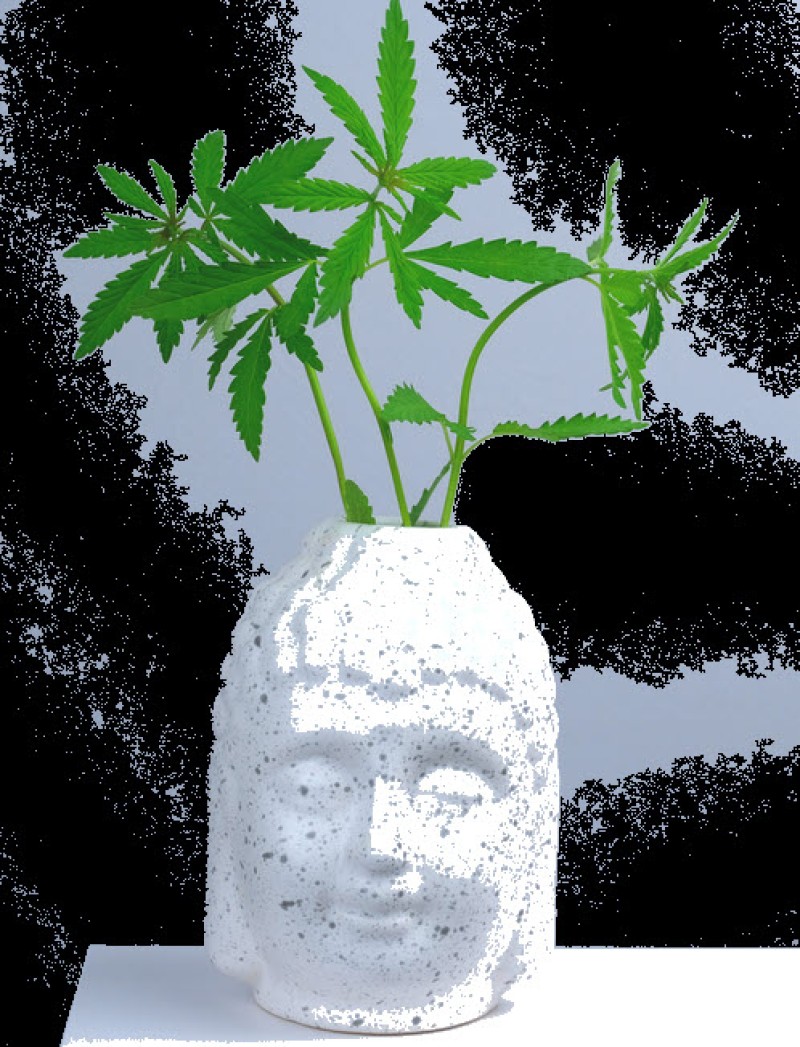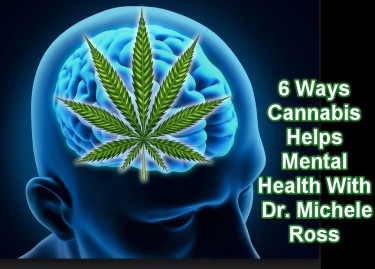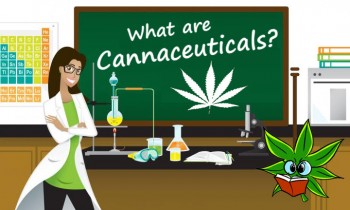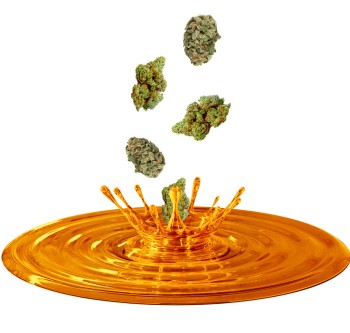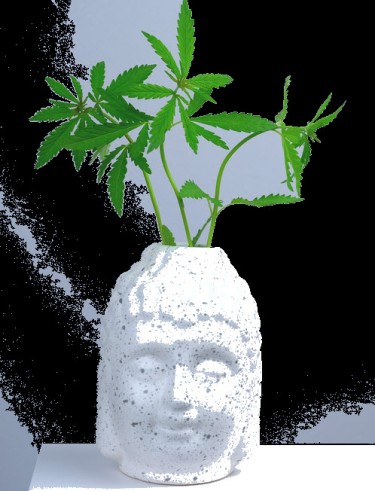
Over the last few years, high THC cannabis has caught the attention of medical professionals and parents alike – but not in a good way.
There has been an increased incidence of schizophrenia and psychosis cases attributed to consuming high THC cannabis, particularly among the youth. On the other hand, for recreational users and other types of medical marijuana patients (including those struggling with severe depression, treatment-resistant post-traumatic stress disorder, cancer, and many more), the recent development of extremely potent cannabis – with concentrates sometimes reaching as much as 95% THC – has been nothing but good news. Sure, people say that the choices we have today are definitely not your grandparents’ weed.
Thanks to developments in genetics, we now have a wide array of THC products to choose from. These range from 0.3% THC all the way up to the high 90’s. And these types of products are available in dispensaries around the nation wherever it’s been legalized for adult use, medical use, or both.
Cannabis is Safe, But Has Never Been Touted as a Cure-All
A quick look at any search engine will show you a vast array of clinical studies done that show the efficacy and safety of cannabis for treating long list of mental and physical health disorders. There has also been a great emphasis on its efficacy with mental health issues, a serious medical problem that the industry is struggling to treat with effectiveness and precision.
According to the National Alliance on Mental Health, untreated mental health disorders costs the United States some $300 billion annually due to productivity losses. In addition, mental health illness and substance abuse disorders are commonly co-occurring issues, with many of those struggling with mental health disorders turning to dangerous antidepressants that one can easily overdose on. This leads to a (preventable) increase in the death toll. People with untreated mental health disorders, especially the more serious types such as psychosis and schizophrenia, tend to self-medicate which is why they often struggle with substance use disorders.
The real problem here is the absurdly high costs of mental health care in the country. Being able to afford a therapist or psychiatrist is something that is exclusively for the rich, while only very few can access programs that are designed to help the impoverished. I mean – average therapist and psychiatric fees start at least at $100 up to $300 PER APPOINTMENT. Can we wrap our heads around this fact? And one with serious mental health problems would need several of these sessions throughout the year, maybe several a month even, just to get better.
No wonder people are self-medicating.
And with the increased access of marijuana thanks to legalization, people are self-medicating with it. And we’re seeing results that are unfortunate.
“Studies have suggested that high potency cannabis is linked to higher likelihood of psychosis, depression, anxiety, and cannabis dependence, but these studies hadn’t been able to account for people’s early mental health symptoms, and hadn’t always taken into account whether the risks of high potency use were over and above the risks from using cannabis everyday,” says a 2020 study from JAMA Psychiatry.
So while a great majority of the population is enjoying tremendous relief from conditions that pharmaceutical drugs weren’t able to help them with, or because they simply do not want to use synthetic medications, there’s the growing minority of cases that are sounding the alarm on the easy accessibility of high THC cannabis particularly among those prone to psychosis and schizophrenia.
Cannabis advocates, even medical professionals who support the use of the drug, have never said that this miraculously medicinal plant should be seen as a cure-all.
There are certainly some circumstances wherein patients have to learn not to self-medicate with it, just in the way they could practice restraint in ensuring to follow the correct dosage for prescription drugs, or not mixing it with alcohol for fun.
Data Show Cannabis Is Generally Safe & Well-Tolerated
In numerous studies showing the efficacy of cannabis for treating a myriad of conditions, patients report that it’s usually well-tolerated.
Sure, cannabis has some well-known and common side effects. These can include paranoia, anxiety, dry mouth, red eyes, and feeling high – so much so that you’d be too impaired to drive. These are simply part of the psychoactive effects of cannabis, and science tells us that because each human being has such a unique biochemistry, we will all react to cannabis in different ways.
However, you also have to remember that cannabis is recognized as one of the safest recreational drugs in the world, even despite these minor side effects that people can experience while on it. Magic mushrooms ranks the safest, with cannabis not far behind at second place.
Furthermore, one would have to consume a ridiculously large amount of marijuana within a short time to even overdose. To date, there has not been a single case of a person overdosing from marijuana. Yes, it’s possible to take such a high amount of THC that you would feel unhinged from reality – but that would subside in a few hours.
And yes, people with cardiovascular problems should not take high THC substances. That also goes for people with severe mental health disorders, people who drive, people who have asthma, and a couple more. It’s not for everyone, but it’s certainly helping a significant percentage of the human population lead healthier and better lives.
Conclusion
To end this article, I think that cannabis should indeed have mental health warning labels. As someone who thinks that consumers should be armed with all the information they can when it comes to making a decision on their own well-being, I think that cannabis products particularly those with over 10mg of THC should indeed have warning labels – the same way that we regulate tobacco products.
If that is what it takes to increase access on marijuana and improve awareness as well as education of it, it means going on the right path to more widespread legalization, then it’s certainly for everyone’s best interest.

